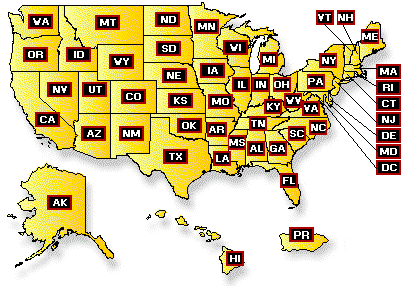
Every state has enacted workers' compensation laws to protect employees against loss of income and for medical payments due to a work-related injury, accident, illness, or disease. In the vast majority of states, workers compensation coverage is mandatory; in Texas and New Jersey, it's voluntary. The discussion that follows will give you a feel for what workers' compensation laws will require of you. Before you set up your workers' compensation program, however, you should discuss it with your attorney to make sure that you're complying with all of the applicable laws.
Do the laws apply to you? In most states, all employers who have at least one employee are covered. While some states exempt very small employers, they don't all have the same definition of what constitutes a small employer. The most common exemption is for employers with fewer than three employees, but some provide the exemption to employers with fewer than four and others to employers with fewer than five. Of course, even if you're exempt, you can generally choose to participate in the state program.
Click on your state on the map below to find out who is exempt from your state's workers' compensation laws. The information provided is the number of employees that you must have for the state laws to apply to you. For example, "All employers with five or more employees" means that you are exempt from the laws unless you have five or more employees.

Advantages and disadvantages. There are both advantages and disadvantages to having a state-mandated workers' compensation system or to voluntarily participating in the system even if not legally required. The advantages to you are:
The disadvantages to you are:
If you're interested in exploring the world of workers' compensation benefits, here's a list of subjects that might be of interest: